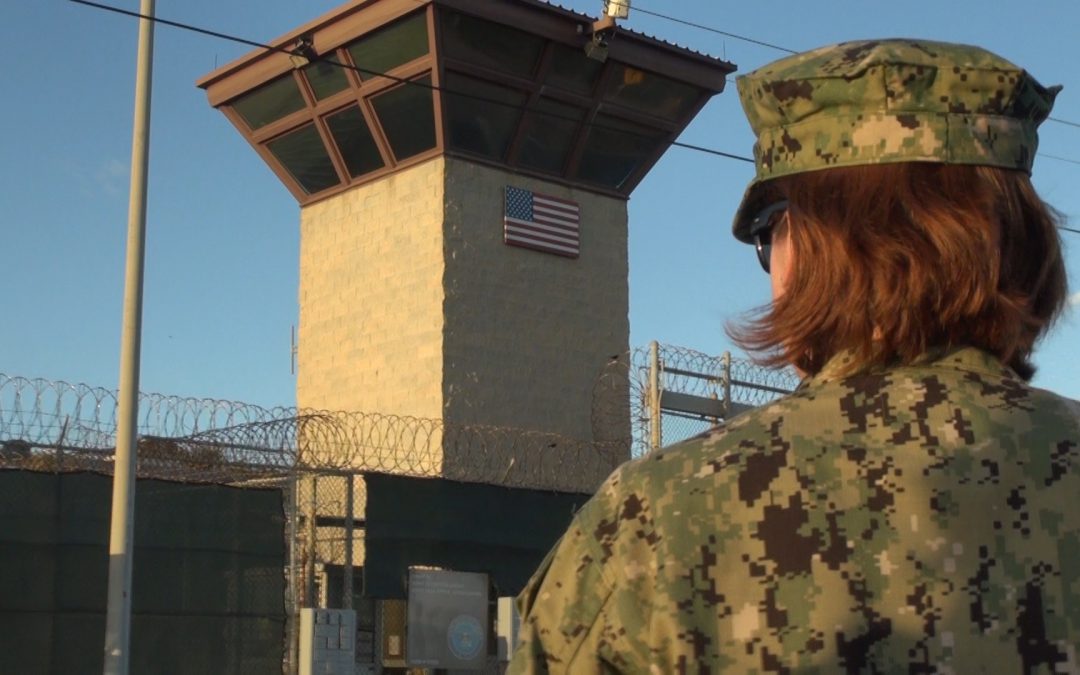GUANTANAMO BAY, Cuba –– According to new investigation guidance provided by the government, defense lawyers for men accused in the 9/11 terrorist attacks said Thursday they are now allowed to visit alleged black sites overseas and interview certain CIA agents.
Since September 2017, the defense team has been working under stricter investigation guidelines provided by the CIAthat prohibited them from traveling overseas to visit black sites were the alleged terrorists were held before being sent to the detention facility at Guantanamo Bay. They were also unable to talk to any former or current CIA officers, from whom they hoped to gather information about their clients’ alleged torture.The rules had effectively blocks to the defense’s investigation, according to Jay Connell, the defense lawyer for 9/11 suspect Ammar al Baluchi, accused of funding the terrorists.
According to the new guidance, provided to the defense layers on Wednesday, lawyers are now allowed to travel to black sites overseas as long as the information leading to that travel is not classified. In addition, the defense counsel may conduct interviews on these sites as long as they do not reveal classified information.
The defense attorneys are also permitted to interview CIA agents, although they must go through the government when approaching former or current CIA agents who took part in the group’s Rendition, Detention and Interrogation program. The RDI program, which was authorized by President George W. Bush after 9/11, allowed the government to kidnap suspected members of al-Qaida, take them to overseas prisons and interrogate them with methods such as sleep deprivation or waterboarding.
The guidance also provided a list of eight specific people –– who have publicly disclosed their involvement with the RDI program –– for whom lawyers do not have to receive government approval prior to approaching.
The lawyers also do not have to inform the government about approaching a CIA agent who is not involved with the RDI program.
“The truth is out there,” Connell said. “The way we get to that truth is by interviewing witnesses.”
The issue now boils down to what qualifies as classified information, which cannot be used to locate black sites since it could lead to criminal prosecution on the defense side.
During the second day of 9/11 pre-trials on Thursday, the defense teams argued information that is both open sourced and coincidentally classified material can be used to locate black sites, which the prosecution agreed to.
The court did not deny assumptions that information from a client –– which until now has been treated as classified –– can be used to track black sites as well, Connell said.
David Nevin, lawyer for 9/11 “mastermind” Khalid Sheikh Mohammed, however expressed caution over the use of information from his client because the stakes of misinterpretation of the guidance are too high.
“I just think that this whole system is riddled top to bottom with these kinds of trap doors,” Nevin said. “Until they get about the business of treating this case the way a case should be treated, we should not be acting like it’s a legitimate court system, because it’s not.
Prosecutor Jeffrey Groharing expressed concerns over the focus on black sites and torture. During the actual trial, lawyers will be expected to defend their clients’ actions during 9/11 rather than whether they were tortured, he said.

